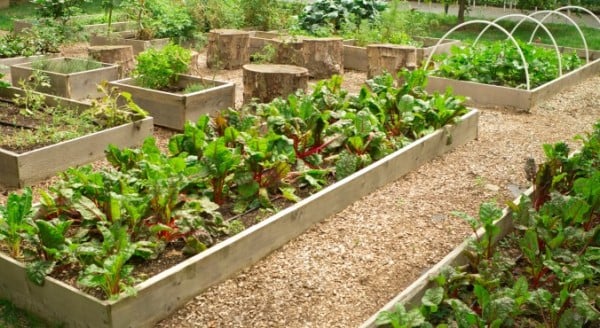
Image: iStock. By Carly Wood, University of Westminster.
More than half the planet’s population now live in cities, with limited access to the natural world. For Europe and Latin America, the figure is more than 70 per cent. Yet contact with nature has numerous benefits for both our physical and mental health.
Gardening is an opportunity for everyone to experience this kind of regular contact with nature, even if they live in built-up areas. For those without a garden of their own, allotments or community gardens are a highly valuable resource. Demand for allotments is increasing and in some locations waiting times have reached as much as 40 years.
But gardens shouldn’t just be a luxury for suburban dwellers. A growing body of evidence shows that they can make a significant contribution to our health and well-being, not just as a way to get some physical exercise but also to improve our mental state.
There is even some limited evidence that gardening might play a role in helping people to cope with serious health problems such as cancer.
(If you are stuck in an office all day, here are some great stretches you can do to release tension in your muscles. Post continues after video.)

